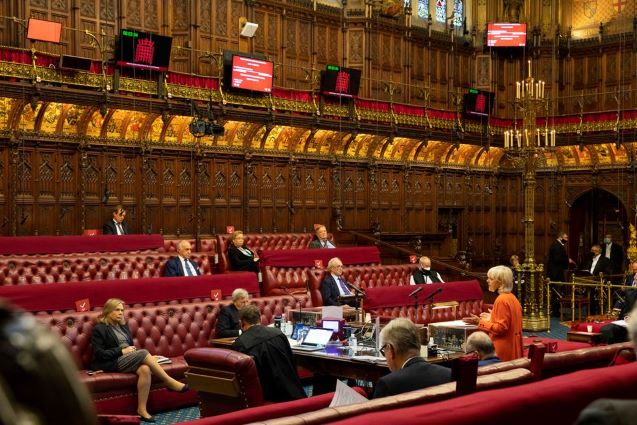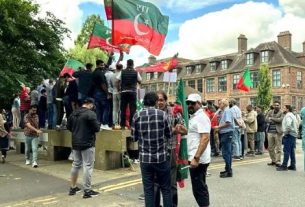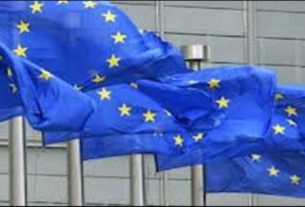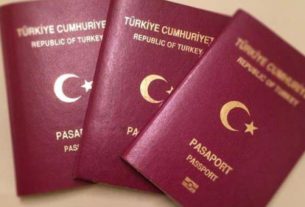LONDON: Britain’s new lawmakers excitedly squeezed into parliament Tuesday with Labour sitting on the government’s side of the chamber for the first time in 14 years following last week’s landslide election win.
More than 400 Labour MPs jostled for space on the ruling side of the green-benched House of Commons, with many having to stand, as parliament returned after being dissolved before Thursday’s vote.
New Prime Minister Keir Starmer addressed the house for the first time as Britain’s leader, vowing to “put an end to a politics that has too often seemed self-serving and self-obsessed”.
“We all have a duty to show that politics can be a force for good,” he added.
He also noted the new parliament was “the most diverse parliament by race and gender this country has ever seen”.
According to the House of Commons Library, a record 263 or 40 percent of the 650 MPs are women, up from 220 in 2019.
Some 90 are from minority ethnic backgrounds, an increase from 66 five years ago.
Rishi Sunak — Conservative prime minister until last week — made his first speech as leader of the opposition, and congratulated Starmer on his victory.
He described being an MP as the “greatest honour, privilege and responsibility”, in a congenial session that contrasted sharply with the usual arguing and shouting seen in the chamber.
The session started with lawmakers re-electing Lindsay Hoyle as speaker of the house unopposed.
Tradition dictated that he was physically dragged to the speakers’ chair by colleagues, a custom rooted in the speaker’s original function to communicate the Commons’ opinions to the monarch.
Oath of allegiance
Historically, if the monarch did not agree with the message being communicated then the early death of the speaker could follow — leading to reluctance among some to take up the post.
After the addresses by Starmer and Sunak, other party leaders had their turn, including arch-Eurosceptic Nigel Farage who declared the five MPs from his anti-immigration Reform U.K. party the “new kids on the block”.
“We have no experience in this parliament whatsoever, even though some of us have tried many times over the years previously,” he said, a reference to his previous seven failed attempts to be elected.
Parliament then began the lengthy process of swearing in all 650 MPs. Some 335 of them are new to parliament.
They are required by law to make an oath or affirmation of allegiance to the British monarchy and are not allowed to speak in debates, vote or receive their salary until they do so.
Since Monday, new MPs have been receiving tours of the parliamentary estate, while some ex-lawmakers who lost their seats last week have been seen saying their goodbyes.
Labour won 411 seats, securing a majority of more than 170 as it returned to power for the first time since Gordon Brown was prime minister in 2010.
The Tories suffered their worst-ever electoral defeat, succumbing to just 121 MPs.
Sunak is due to stay in charge of the party until the Conservatives work out the timetable for his successor to be chosen.
The new parliamentary session will officially begin after Starmer’s government puts forward its priorities for the term in the King’s speech on Wednesday 17 July.
It is expected to include the establishment of a new publicly owned investment company called Great British Energy and a plan to renationalise Britain’s much-maligned railways.__Daily Hurriyet





